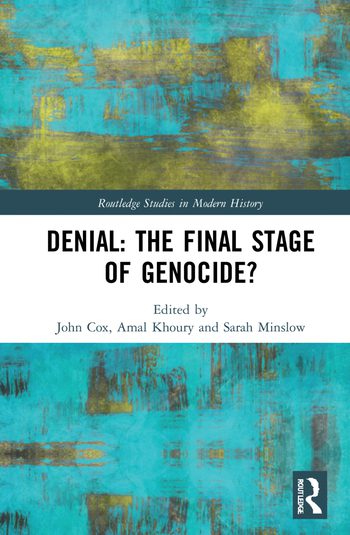Center for Holocaust, Genocide & Human Rights Studies
Spring 2024 events
March 21 | Cameron Hall 101 | 1:00-2:15 pm
Carl Wilkens, “a disobedient American citizen in the service of good in Rwanda” and a rescuer
“‘The only American in Kigali during the genocide.’ This is how Carl Wilkens is described. Few years after he and his family moved to Rwanda, where he served as director of the agency in the country, the plane carrying President Habyarimana was shot down, triggering the genocide against the Tutsi. It was the night between 6th and 7th April 1994.
Carl remembers those early days, when he and his wife and their three young children stayed indoors listening to the radio and trying to get in touch with local authorities and UN soldiers, but the only voice coming through the transmitter was the one announcing the death toll, the massacres. “One day, they were saying on the radio that right there, in our district, people had been killed. I suddenly looked up and saw my children. Petrified by that horror”.
On 10th April, the United Nations ordered the evacuation of all foreign nationals in the country. Carl made sure his loved ones were taken to safety, but decided to stay. US diplomat Laura Lane, then a political security officer at the US embassy in Kigali, recalls his words: “Laura, there are people here who depend on me. I cannot leave”.’
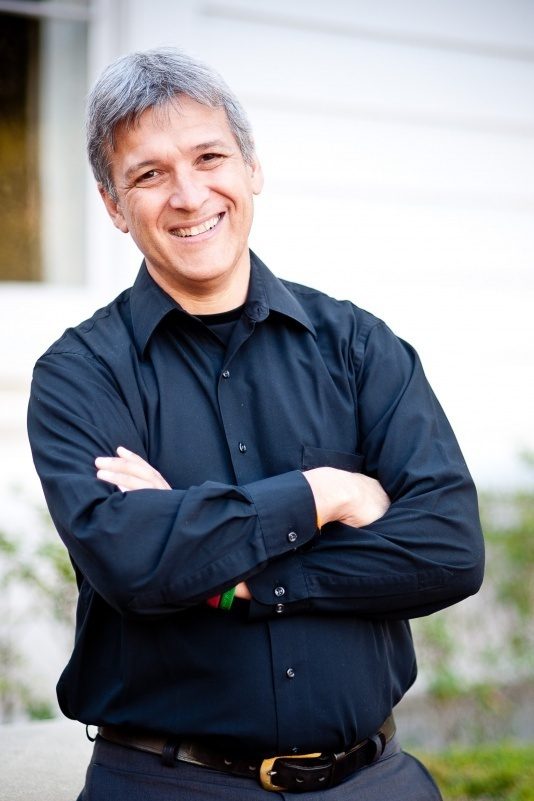
April 18 | Atkins Library, Halton Reading Room | 11:30am – 12:45 pm
Dr. Sabine Cadeau speaks on her new book, Bonds and Bondage: Financial Capitalism and the Legacies of Atlantic Slavery at the University of Cambridge.
It is a study — with broad implications — of the University of Cambridge’s multiple relationships with slave trading companies such as the East India Company, The Royal African Company, and especially the South Sea Company. This book illustrates the ways in which the University of Cambridge accumulated wealth from Atlantic Slavery through colonial financial instruments. Through this study she demonstrates that the University of Cambridge benefitted economically from enslavement at multiple levels and was transformed by the colonial capitalism of the early modern era in multiple highly visible ways.
Her first book, More Than a Massacre: Racial Violence and Citizenship in the Haitian-Dominican borderlands, was published by the University of Cambridge Press Afro-Latin America series. The book traces a successively worsening campaign of explicitly racialized anti-Haitian repression that began in 1919 under the American occupiers, accelerated in 1930, with the rise of the dictator Trujillo, and culminated in 1937 with the slaughter of an estimated twenty thousand civilians.
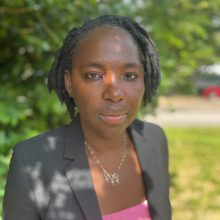
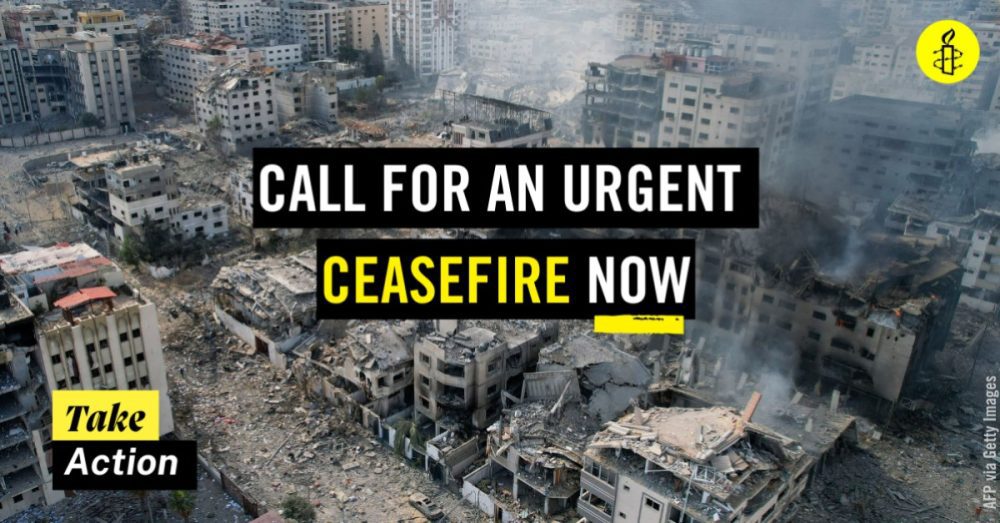
———————————————————————————————–
Follow us on Facebook
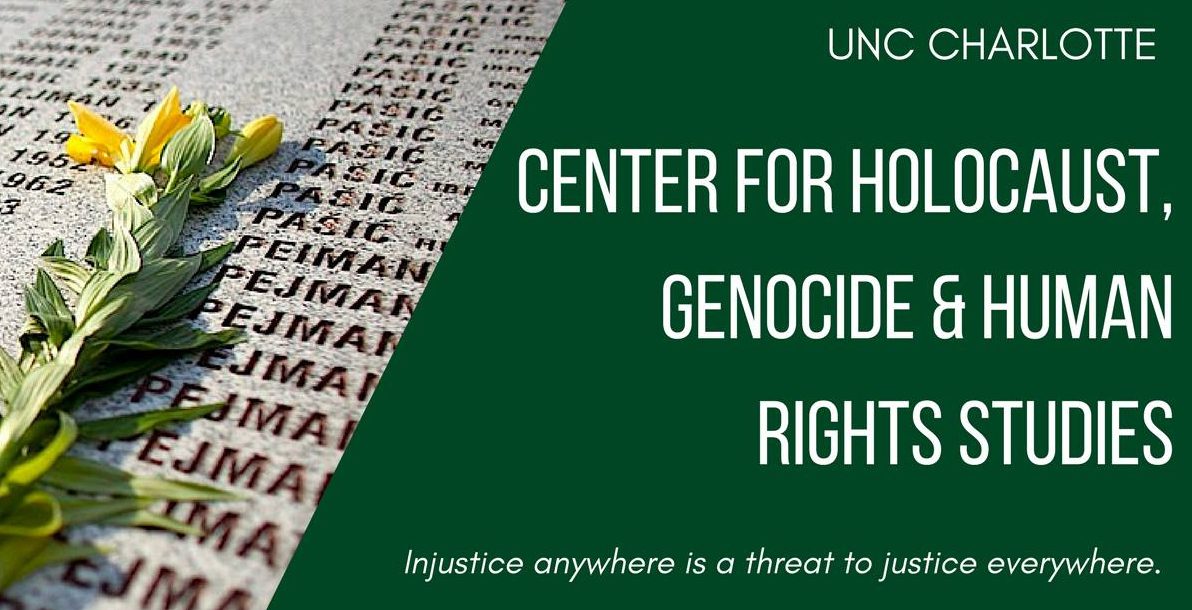
Announcing a new collaborative project
Modern Genocide: Bosnia-Herzegovina, 1992-1995:
Voices of the Survivors
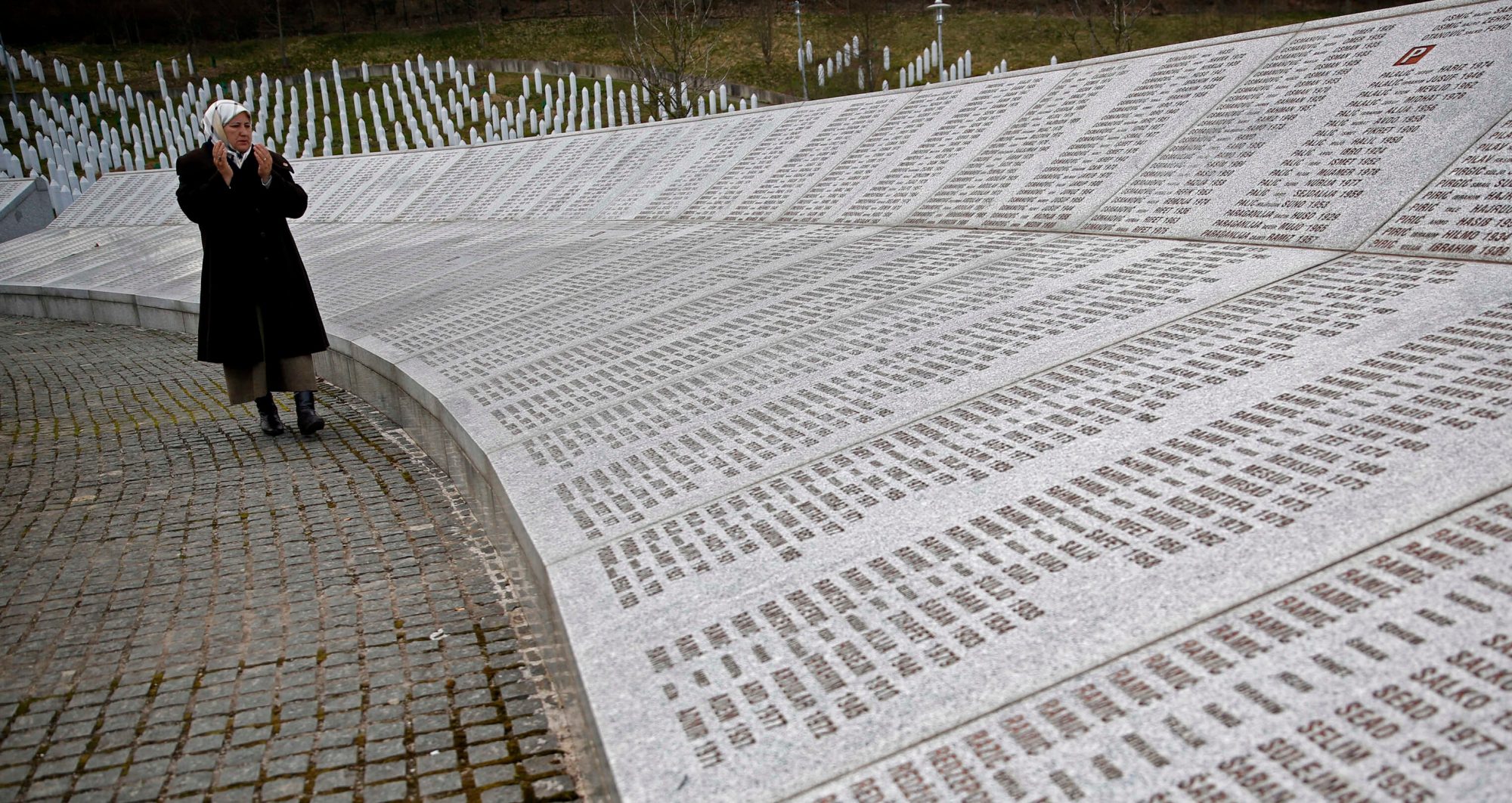
We hope to expand this into a larger project of survivor testimonies, to include survivors of the Jim Crow South, Rwanda, and other survivors of genocidal violence.
April 2022: HGHR steering committee members John Cox and Amal Khoury, with long-time HGHR professor Dr. Sarah Minslow, have published a book on genocide-denial, based on our April 2019 conference.
Denial: the Final Stage of Genocide? includes contributions from well-established as well as emerging scholars.
